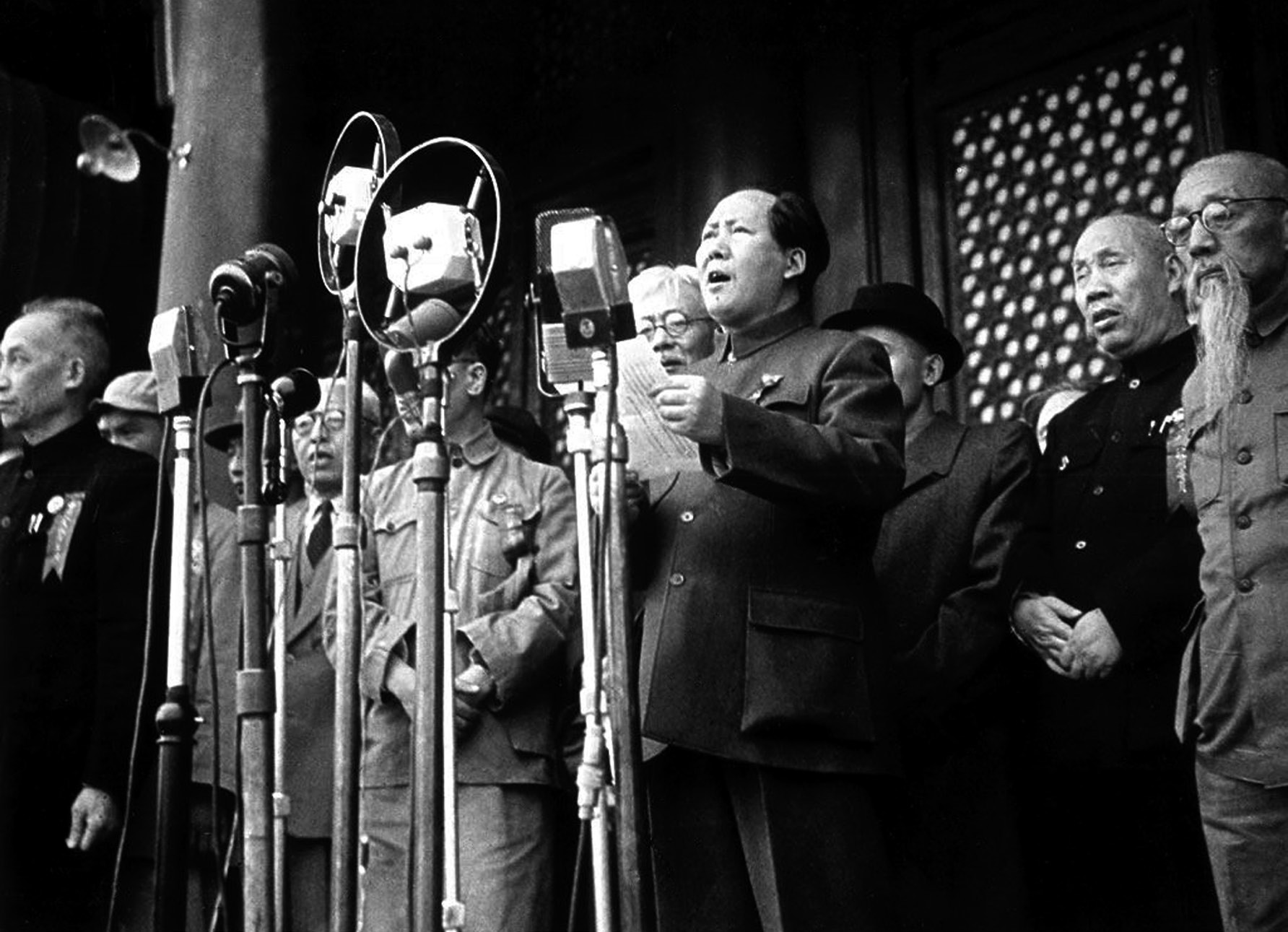
In many ways Mao’s early years as the son of a prosperous peasant are key in understanding his emergence as a successful leader and the focus on agrarian reform in his early years as leader of the Communist People’s Republic of China.
Until the Japanese invasion of China in 1937 the Communists, like the Nationalists, saw the peasants as a backdrop in their efforts to gain control of China and fight the warlords. Following the Japanese invasion, the Nationalists initially attempted to ignore the Japanese and continue to fight the Communists. The Red Army, however, lived with the peasants and fought an excellent guerrilla campaign against the Japanese before eventually forming a united anti-Fascist front with the Nationalists.
Your organisation does not have access to this article.
Sign up today to give your students the edge they need to achieve their best grades with subject expertise
Subscribe




